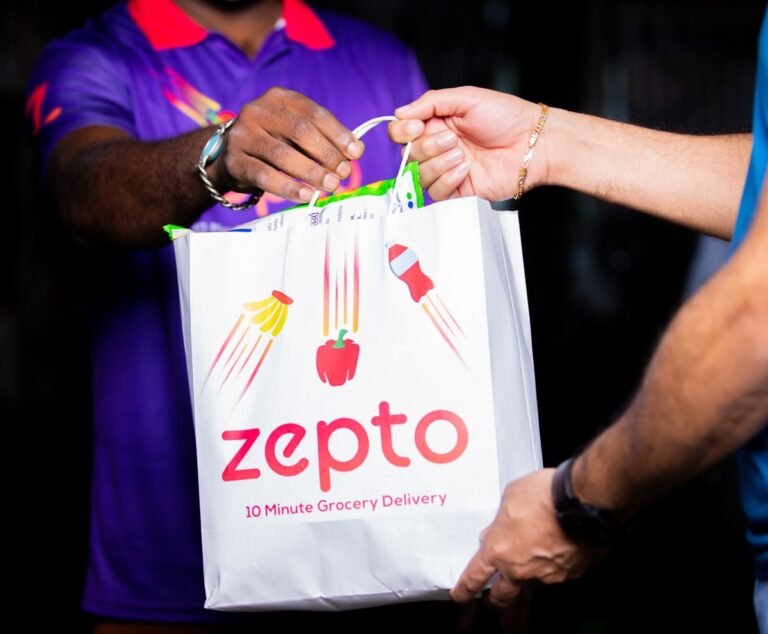
Indian quick-commerce startup Zepto has surpassed the annualised sales milestone of $1 billion within just 29 months of its inception, Goldman Sachs wrote in a note Thursday, citing the Zepto management.
Zepto, which became a unicorn last year, counts YC Continuity, StepStone Group, Glade Brook Capital and Lachy Groom among its backers.
“Overall EBITDA margin for Zepto is at negative single-digit percentage and the company is on track to break even at the EBITDA level within the next quarter.
The company expects steady state contribution margin of 12%, with steady state EBITDA margin of 7%,” the report added.
Zepto believes it can expand into 40-50 cities over time,” the report added.

The expectation that modern AI tech will find a home in every part of our lives is pandemic.
Fittingly, startups and investors are working overtime to build and fund new technology companies to either create or implement new AI tech.
But despite all the enthusiasm, there’s a niggling detail that deserves our attention: AI startups often have worse economics than most software startups.
The conversation around AI gross margins is not new.
Back in 2020, venture firm a16z argued that AI startups would have lower gross margins due to “heavy cloud infrastructure usage and ongoing human support.”

Businesses are working hard to conform to traditional heuristics like Rule of 40 (i.e., the idea that the sum of revenue growth and profit margin should equal 40%+, a metric that Bessemer helped popularize).
The world has over-rotated into an FCF margin mindset over a growth mindset, which is backward for growing efficient businesses.
Long-term models show that even in tight markets, growth should be valued at least ~2x to 3x more than FCF margin.
While a margin increase has a linear impact on value, a growth rate increase can have a compounding impact on value.
We show the detailed math below, and it’s confirmed by public market valuation correlations when you backtest the relative importance of growth versus FCF margin.






